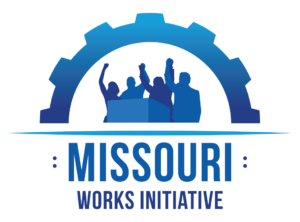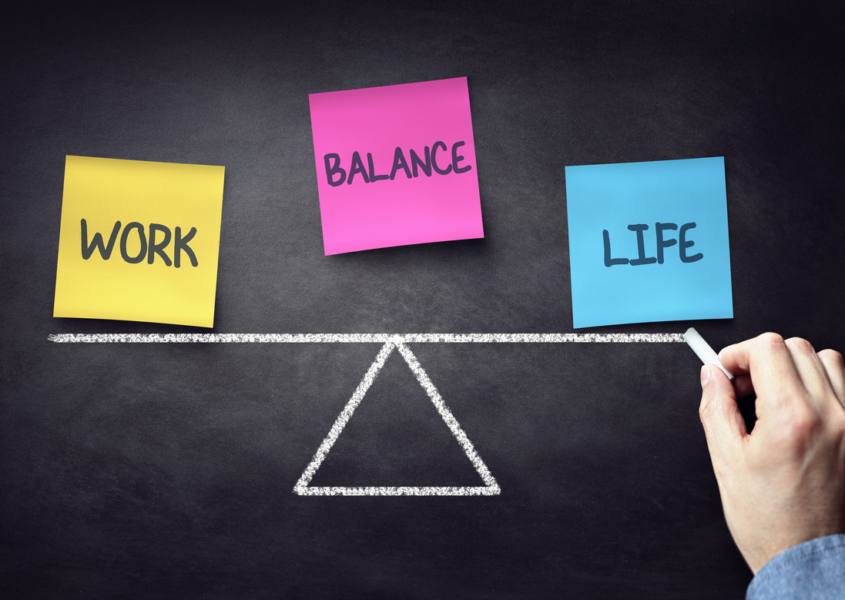Wellness & Well-being Highlights May 5th
Wellness & Well-being Highlights
for the
Week of May 5, 2025
This week’s edition of our Worker Wellness & Well-being blog looks at the importance of why your voice as a worker matters when it comes to cuts at NIH and CDC—to the increase in suicides of women in the field of medicine—to the concept of “ableism” in the workplace. This week I would like to take this opportunity to examine—with May upon us—the topic of ‘psychological safety’ in the construction industry. In short, PS is based on the belief that a worker—at any level—will not be punished for speaking up with ideas, asking questions, or making mistakes.
The construction industry in Canada, not unlike the US, has more recently embraced the need to address mental health and white/blue-collar employee well-being in the workplace.[1] With a lack of mental health professionals available in the North American marketplace, more companies and unions are starting to develop their MH talent internally. In order to do so requires an organization to make strategic shifts in attitudes from top to bottom. Why? Because people at the top want to know that a venture of this scale must attempt to garner a positive return on investment (ROI). This cannot be achieved without first doing one’s homework.
Once an internal MH champion has been identified (and skilled up), s/he must begin this journey by surveying employees across the spectrum, developing targeted awareness programs, tracking inputs/outputs, and evaluating outcomes…these all come at a cost.
In a still male-dominated industry like construction, there are attitudes and traditions that exacerbate stigma. From physical strain of the work to insecurity brought on by seasons to the hazing (bullying) as a ‘right of passage’ to the macho notion of not asking for help, workers in this industry can be exposed to issues of anxiety…which sometimes leads to depression. So, because of the aforementioned stigma, many workers deal with these MH issues on their own…as in, self-medicate (i.e., alcohol, drugs, etc.). At first, it is just a means of ‘coping’ but, sadly, this route often results in building a (negative) habit and, eventually, an addiction.
Opening up discussions in safe spaces/places is one of the first steps towards building a ‘culture of care’ which emphasizes the importance of relationships and emotional support in your workplace. Organizational change requires individuals who are open to new ideas/methods. This process can begin by first acknowledging that a worker’s mental well-being is just as important as her/his physical health. Let’s commence this journey by completing and sharing MHA’s Checklist below.[2]
Please check out the rest of this week’s blog: https://moworksinitiative.org/category/worker-wellness-news/
Construction & Psychological Safety
CDC & NIOSH Cuts: Impact on Workers
NIH Cuts: Future Cancer, Dementia Research
MO / Naloxone / Misguided Politicians
Drugs & Cartels: US – Mexico Differences
More on NIOSH Layoffs & Worker Safety
Immigration Crackdown & Worker Shortages
States / Paid Sick Leave / Ignoring Voters
Tour de France & Workers’ Strike
Japan / Declining Population / Impact
STL Labor Leaders Serve New Mayor
Recruiting in a Flooded Market
SCOTUS / Schools / Disability & Discrimination
Tech Workers & Dissatisfaction
Upcoming webinars, etc.
Spirituality & Suicide Prevention (5/19)
Cannabis & Ethical Dilemmas (6/3)
Supporting those Impacted by Suicide
Understanding Addiction: Families
NOTE: The links provided above are for informational purposes only. None of these serve as a substitute for medical advice one should obtain from his/her own primary care physician and/or mental health professional. Please contact jgaal@moworks.org with related questions or comments.




Leave a Reply
Want to join the discussion?Feel free to contribute!